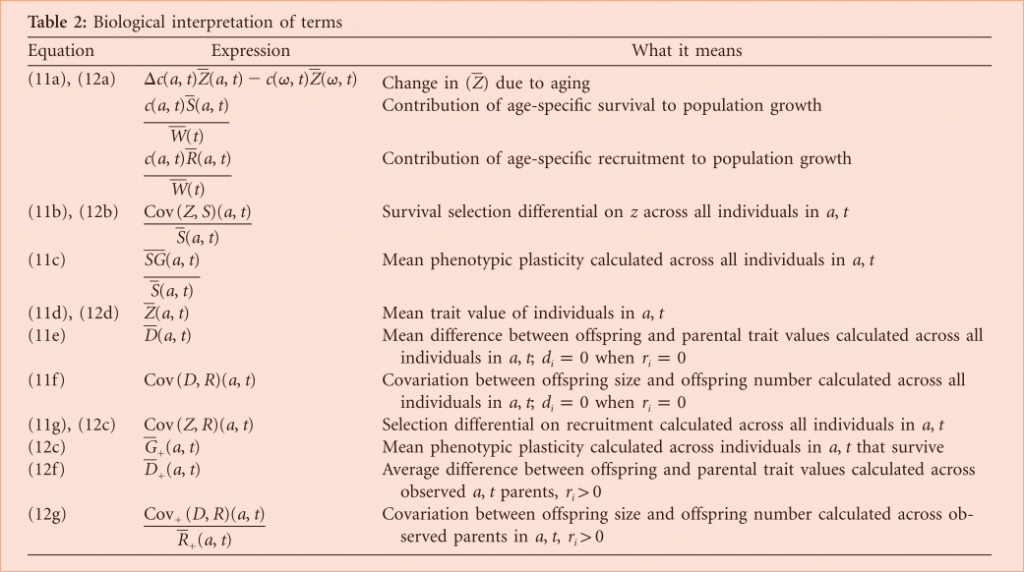The Historical Records Committee of the Ecological Society of America is organizing a poster session on student investigations into ecology’s history. The session description from Dan Song:
Current Student Perspectives On The History Of Ecology
Everyone in ecology and its related fields has, at one point, been a student of ecology. Although it is true that all ecologists are in a state of perpetual learning, students still in school aspiring to be professional researchers hold a special place in the field. Often, students start their research careers by looking into the past (months, decades, centuries) to inspire their own research. While in school student research is still developing and may change; students have not yet lived in the history they are examining. Students are always thinking about how they arrived at their current circumstances as well as projecting their future prospects. Like the skyways connecting buildings in downtown Minneapolis, students serve as the bridges between ecology’s history and its future. This collection of posters presents different historical aspects of ecology that has inspired their own research. We present student perspectives on several key aspects of the field, including ways in which women’s contributions to the field have evolved, through Ruth Patrick’s career, and students’ reflections on the present impact of key figures in ecology, such as E.C. Pielou. In addition to examining pioneering figures the posters also highlight how societal norms, such as gender roles, impacted ecology over time.
If you’re interested in presenting in the session or have any suggestions or ideas, please get in touch with Dan Song at danielssong[at]gmail.
JAN 13 UPDATE: Though ESA typically allows only one presentation per person, presentations in this session aren’t counted [see exemptions] – so you can give a poster in this session and a talk or poster on your other research.
JAN 13 UPDATE: The deadline is tomorrow, Monday, January 14, so get in touch with Dan soon.
JAN 16 UPDATE: While the deadline has passed, you should still contact Dan if you’re a student interested in the history of ecology. If some people are not able to accept their invitations, you might be considered! Also, remember that the general abstract submission deadline for ESA is February 21!
